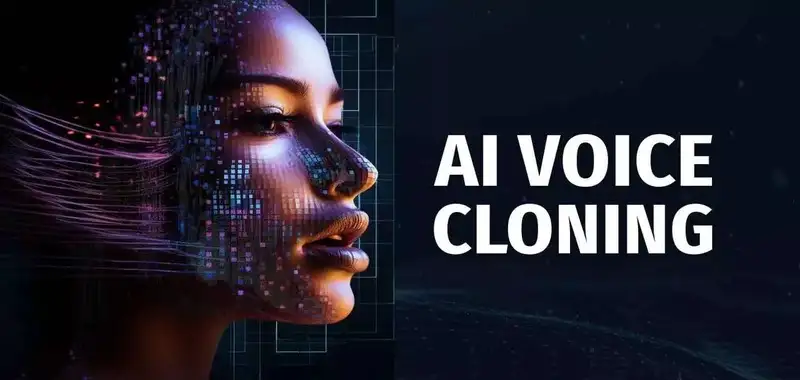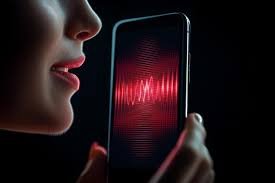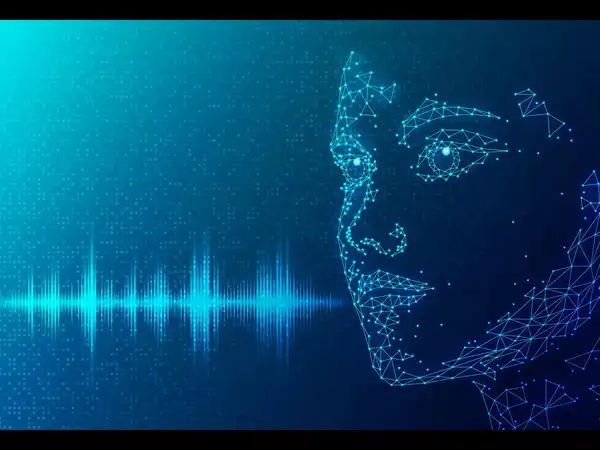In 2025, voice cloning technology has become one of the most talked-about innovations in the world of entertainment, technology, and digital creation. With AI models now able to replicate human voices with uncanny precision, celebrities, voice actors, and content creators are facing a new reality. On one hand, it’s a revolutionary tool offering immense creative freedom. On the other, it poses serious threats to identity, ownership, and consent.
Voice Cloning Tech: Boon or Threat to Celebrities and Creators?
The Magic Behind Voice Cloning
Voice cloning relies on deep learning models trained on a person’s recorded speech. With just a few minutes of audio, AI can now mimic pitch, tone, accent, and even emotional inflections. Tech companies have made tools more accessible than ever, allowing even independent creators to generate synthetic voices for videos, games, or audiobooks. What once required high-budget studios can now be done with a laptop and a clean sound file.
For digital creators and indie developers, this is game-changing. They can build immersive experiences without hiring professional voice talent or renting recording studios. Voiceovers for animations, podcasts, explainer videos, and mobile games can be generated on demand—saving time, effort, and costs.

Celebrity Voices Go Viral—With or Without Permission
While the technology is inspiring innovation, it has also stirred legal and ethical debates. In recent months, AI-generated voice clips of popular actors, musicians, and influencers have gone viral on social media platforms—often without the celebrity’s consent. Fans have heard fake Taylor Swift songs, Morgan Freeman narrations, and even motivational speeches in Barack Obama’s voice—all created by AI.
The problem? Many of these voice clones are being used in contexts that the original person may not approve of. From parody videos and political rants to deepfake commercials, celebrities are increasingly finding themselves represented by synthetic voices they never recorded.
Legal Loopholes and the Battle for Voice Rights
Currently, the law is playing catch-up. In many U.S. states, voice is not explicitly protected under publicity rights laws. This means that while using someone’s name or face without permission might lead to a lawsuit, imitating their voice might not. Celebrities and their legal teams are now pushing for reform, calling for clearer guidelines and AI-specific legislation to protect voice rights.
Some states, like California and New York, are already exploring new laws to include “voice likeness” under identity protection clauses. Until national regulations are in place, however, voice cloning will remain a gray area—allowing bad actors to exploit it.

Creators Find New Avenues for Expression
Despite the risks, many creators are embracing voice cloning with enthusiasm. Voice actors can license their voice models to clients, earning royalties without physically recording each project. Authors can generate personalized audiobooks in their own voices. Disabled individuals who’ve lost their ability to speak can recreate their natural voice for communication. For some, this technology is not just convenient—it’s empowering.
New startups have also emerged offering ethical voice licensing platforms. These platforms ensure voices are cloned with consent and offer watermarking technology to trace misuse. It’s a win-win for artists and clients seeking transparency and accountability.
Ethical Cloning and the Role of Consent
One of the most critical discussions around voice cloning centers on consent. Experts agree that consent must be the baseline for any ethical use of cloned voices. Companies developing this tech are now implementing stronger safeguards: requiring explicit permission before voices are cloned, verifying ownership, and tagging AI-generated content as synthetic.
Creators and celebrities alike are being encouraged to register their voiceprints and monitor usage. Just like domain names or trademarks, voice identities are now becoming valuable digital assets—and they need to be protected as such.

The Role of Social Media and Platforms
Social media platforms have become the fastest-growing space for voice cloning content. Some clips are humorous or artistic; others are misleading or defamatory. Platforms like TikTok and YouTube are starting to implement moderation policies, flagging or removing content generated with unauthorized voice use. But enforcement remains inconsistent, and many cloned voice videos still rack up millions of views before being flagged.
This calls for a collaborative effort between tech companies, governments, platforms, and users to ensure voice cloning tech isn’t weaponized. Transparency, labeling, and clear guidelines are necessary to separate ethical applications from exploitative ones.
The Future of Digital Voices: Where Do We Go From Here?
As with any breakthrough, voice cloning is neither inherently good nor bad. It’s a tool—one that can be used to enhance creativity or deceive audiences. The challenge ahead is balancing innovation with responsibility. As laws evolve and ethical frameworks are established, voice cloning has the potential to redefine how we tell stories, interact, and express identity.
For creators, this could be a golden age of voice-powered innovation. For celebrities, it could mean both new revenue streams and new vulnerabilities. And for audiences, it means developing a sharper ear—and a more critical mind—to navigate a world where not every voice we hear is real.
Helpful Backlinks:
- Descript Overdub – Ethical Voice Cloning Tool
- Resemble AI – Voice Cloning with Consent
- ElevenLabs – AI Voice Generation
- Voicemod – Real-Time Voice AI
Also read : AI-Powered Job Interviews Help Americans Land Dream Roles in 2025






